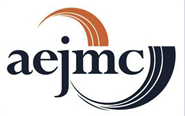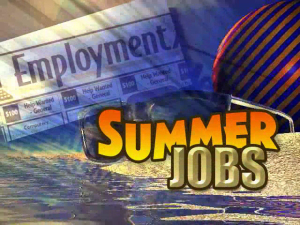 The UNC School of Journalism and Mass Communication will welcome three new media law students to its Ph.D. program this fall. All of them have expressed interest in working in the UNC Center for Media Law and Policy. Welcome, law dawgs!
The UNC School of Journalism and Mass Communication will welcome three new media law students to its Ph.D. program this fall. All of them have expressed interest in working in the UNC Center for Media Law and Policy. Welcome, law dawgs!
These are the students and a brief description of each student’s background and research interests:
Nicholas Gross. Coming to Carolina from San Jose, Calif., Nicholas earned a J.D. from the University of Miami School of Law and a bachelor’s degree in economics and international relations from the University of California, Davis. Currently Nicholas is a legal research attorney for The Superior Court of California, County of Santa Clara. He also has been a staff attorney with the U.S. Court of Appeals for the Eleventh Circuit in Atlanta, Ga. His research interests include freedom of expression, internet policy and governance, advertising, intellectual property law, privacy and security law, and telecommunications regulation.
Taeho Lee. A native of Korea, Taeho earned a J.D. from Emory University and a bachelor’s in communication from Seoul National University in Korea. He has practiced law in Nashville and Chattanooga, Tenn., and he has advised Fox Television Stations Inc. in Atlanta on diverse legal matters, including state shield laws. He also has assisted lawyers in drafting copyright license agreements between cable networks in Atlanta. He is interested in studying the relationship between protection of privacy, freedom of expression, and potential harm from offensive speech (e.g., violent, indecent, and racially discriminative speech).
Kristen Patrow is coming to Carolina from Minneapolis, Minn. She earned a master’s degree in mass communication from the University of Minnesota and a bachelor’s in journalism from Bethel University. She has been a teaching assistant for several journalism courses at the University of Minnesota and guest lectured in classes. Her professional experience includes being an events coordinator and social media associate for Christians for Biblical Equity. She organized conferences and wrote articles for newsletters and magazines. She is planning to study media law, especially the First Amendment and how low-value speech, such as pornography, contributes value to a community.


 UNC Center for Media Law and Policy staffer
UNC Center for Media Law and Policy staffer  Each year, the UNC School of Law provides grants to law students taking unpaid or low-paying summer public interest jobs. Funding for these grants comes from several sources, including the
Each year, the UNC School of Law provides grants to law students taking unpaid or low-paying summer public interest jobs. Funding for these grants comes from several sources, including the